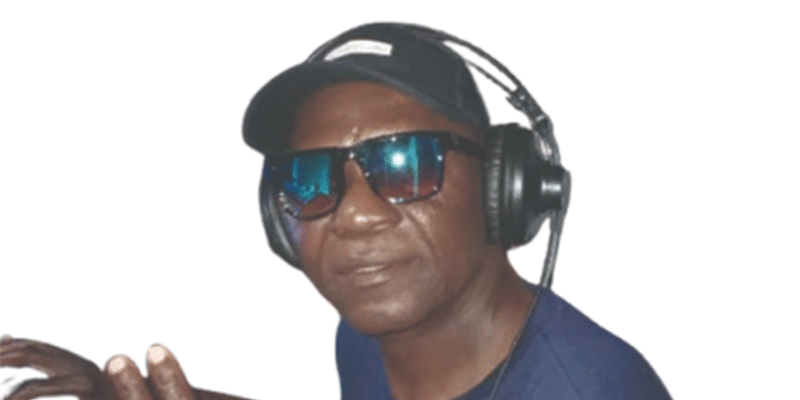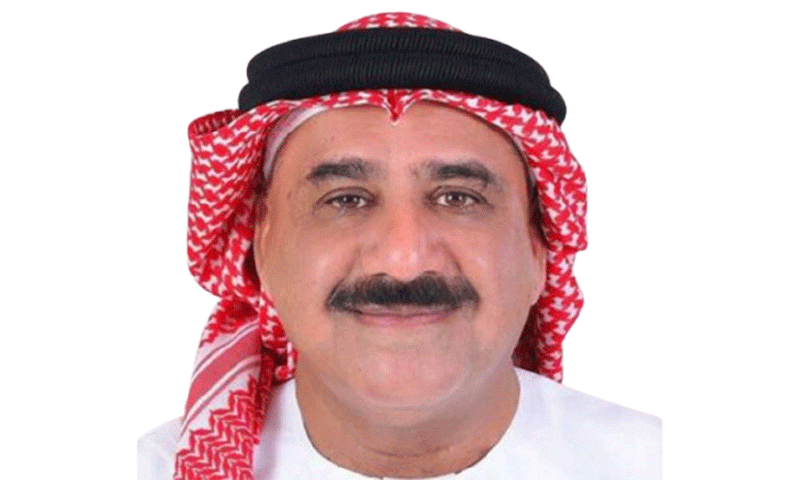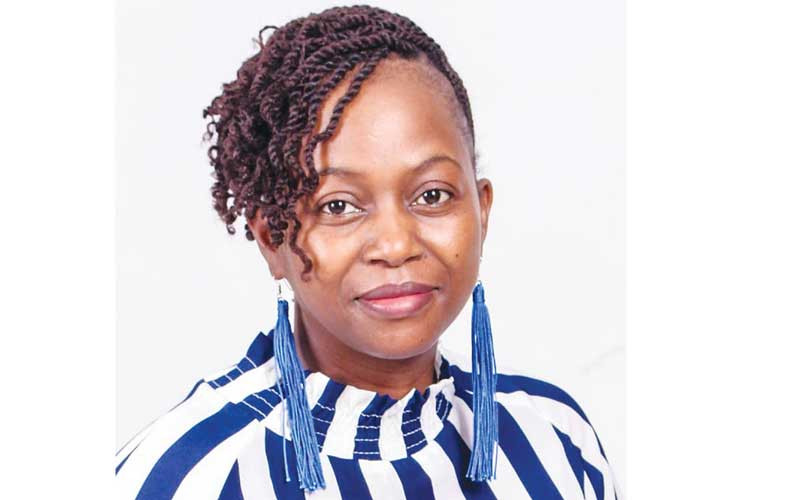
KAROI-BASED musician and producer Lovemore Chimurambi has taken a swipe at gospel singers making financial gains from preaching.
The message is carried in Chimurambi’s song titled Tisatengesa Shoko raMwari from his tenth album, Ndirotsei.
This time, the Hurungwe-born musician has chosen to target “fake” prophets and their mushrooming churches, which he says are money-spinning projects.
“Regrettably, poor people are losing their hard-earned money to dubious church leaders,” the singer said.
“Fake prophets have turned churches into money-spinning machines.
“We need to believe that it is only Jesus Christ who can help us out of challenges.
“We should not treat a church leader as a demigod.”
At one point, Chimurambi sang Mbeu yeGehena, poking holes into the works of what he called bogus gospel singers.
- Fusion 5 Mangwiro drops single for mothers
- FBC Holdings Group takes over Zim Open title sponsorship
- Stunner beats up wife
- Visual artists in environmental conservation drive
Keep Reading
The singer reckons that the prevailing economic squeeze has left the public at the mercy of false prophets.
On Tisatengesa Shoko he highlights that Christians are victims of scams.
“People lose property in the name of tithing. Fake prophets have taken centre stage in looting money,” Chimurambi said.
“They are hyenas in sheepskins. These are criminals stealing from poor congregants.”
He said were very few musicians using the gospel of Jesus Christ to respect others and call for unity, peace, justice and togetherness.
“Our commitment as gospel musicians is to spread the word of God and this must be free. Anyone who sings for financial gain is not doing it as a Christian,” Chimurambi said.
“Some gospel musicians are no longer using music to help sinners devote to Christ, but are now into business. This is wrong.”
He added that most churches were no longer working to transform societies in goodwill as Christians but are bogus.
“We are witnessing more bogus prophets who are forcing people to pay for any services and it’s against Jesus determination of making people understand the word of God.
“Once you demand cash for anything that must be done for free, you are no longer doing justice to Christian values. Biblically, Jesus told his disciples to help everyone out there without demanding anything from them.
“Gospel music is part of a shared vision to help people turn to Christianity but once you sell your music you are longer doing it as a calling, but business. This is totally wrong and different from Jesus Christ's call on Christians,” Chimurambi added.
A Karoi Town Council firefighter and farmer, Chimurambi, said the Bible backed his sentiments against anyone demanding payment for Christian services.
He based his argument on a verse in Isaiah 55, which says: “Come, all you who are thirsty, come to the waters; and you who have no money, come, buy and eat! Come, buy wine and milk without money and without cost.”
He also took a jibe at some gospel musicians he described as morally depraved for “making financial gains through music gigs”.
“When someone is a true Christian, he must sing gospel music for free. This must help people to turn to Christ where justice, forgiveness, unity and commitment to values are the guiding principles. We are all Christ’s children and must remain as such,” he said.
“There is no need to demand anything when you are preaching the gospel even through music or sermons.
“The truth must be told that criminals are taking advantage of people desperately seeking God's power during trying times.”
He added: “Our music focuses on saying the truth, which can set us free. We need to stand up and condemn all ills without fear. We need upright leadership with good moral values to lead us so that future generations will be properly guided.”
In Dhora ReAmerica he explains how the elusive currency is creating social decay, fuelling divorces, early marriages among young girls as well as causing some youths to drown in drugs and substances.
Born in Mahwada, Hurungwe, in 1972, Chimurambi has made strides in improving the music industry in the district.
Recently he launched his studio in Karoi town, which he said was a gift to up-and-coming artistes to realise their dreams through recording and promoting their music at a low cost.
Chimurambi Studio and Promotions is geared towards improving mostly rural-based musicians.
At age 20, Chimurambi was fascinated by playing music instruments and in 1992, he started playing a homemade guitar in his land of birth.
“In 1994, I was assisted by Kasongo band member Samy, who taught me how to play the guitar. I then recorded my first album in 1996 under Muringani Brothers at High-Density Studio in Harare,” he said.
“Both Makoni and Macheso advised me to form my own band. I met Macheso when he came to perform in Kariba and he said it was best for me to work with a musical band. I then registered my band in 1999.”
He added: “I had my first demo song recorded at Gramma Records in 1999 as an individual, but they insisted that I must come to record with a band.”
Chimurambi said he adored the music of Oliver “Tuku” Mtukudzi, John Chibadura and Simon Chimbetu (all late).
The father of five is a firstborn in a family of two boys and two girls.
Born in Mahwada area under Chief Mudzimu in Hurungwe, Mashonaland West, Chimurambi attained his education at Mahwada Primary School, Mudzimu Secondary School and Seke 2 High School.
His albums are Chakandiwana, which carries Dhora ReAmerica, Ndozvinoita Hupenyu, Ndozviripo, Mbeu yeGehena, Chimurambi 2021, Sango, Ndaizivei, Ngirozi, Hondo and Ndirotsei.







